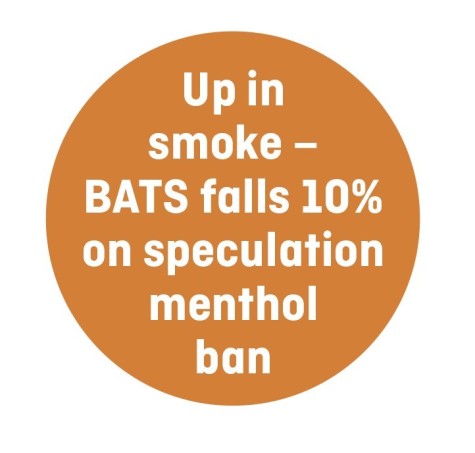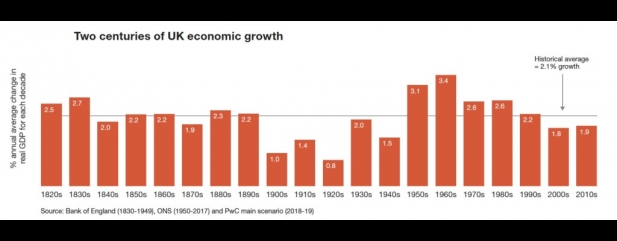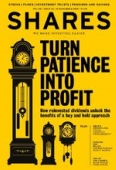Investors may be overreacting to chatter about a potential ban on menthol cigarettes from the US Food and Drug Administration (FDA) as part of its drive to crack down on smoking among young people.
Cigarette seller British American Tobacco (BATS) took a near-10% hit to its share price on the speculation. It owns the Newport brand of menthol cigarettes following its acquisition of Reynolds American in 2017.
US menthol cigarettes generates around a quarter of the company’s annual global profit.
Rival Imperial Brands (IMB) dipped 2.1% on the news as its exposure to US menthol is significantly lower.
Jefferies analyst Owen Bennett argues the reaction to the news, particularly for British American Tobacco, is ‘extreme and overdone’.

Bennett says a ban is unlikely to happen anytime soon as evidence will be needed to enforce the ban, which would take time and may not be conclusive.
One of the effects of a ban could be a switch over to potentially reduced-risk products (RRPs), including tobacco heating and vapour products.
WHY THE MARKET IS REACTING NEGATIVELY
Even if the ban happened, British American Tobacco is ‘well placed’ to gain market share thanks to its RRP portfolio, if people switch instead of quitting, according to Bennett.
US investment bank Piper Jaffray also believes the market reaction to be excessive, flagging that legal challenges can be made and could drag out any prospective legislation by at least eight years.
So ultimately any ban could take years to be enforce and potentially may not even happen if legal challenges are successful.
While it can be argued the speculation has not done much damage to the tobacco industry yet, uncertainty over regulatory action could continue to weigh on a sector traditionally known for high dividend yields.
The FDA has also noted that trendy flavoured vaping products such as mango and cucumber could entice teenagers and young people into the habit.
The FDA’s focus on this part of the market could put a dent in the prospects of fast-growing rival Juul with 70% of the US e-cigarette market since its launch only three years ago.
This could be a benefit to the more mature firms in this market like Imperial Brands and British American Tobacco. (LMJ)
‹ Previous2018-11-15Next ›

 magazine
magazine









